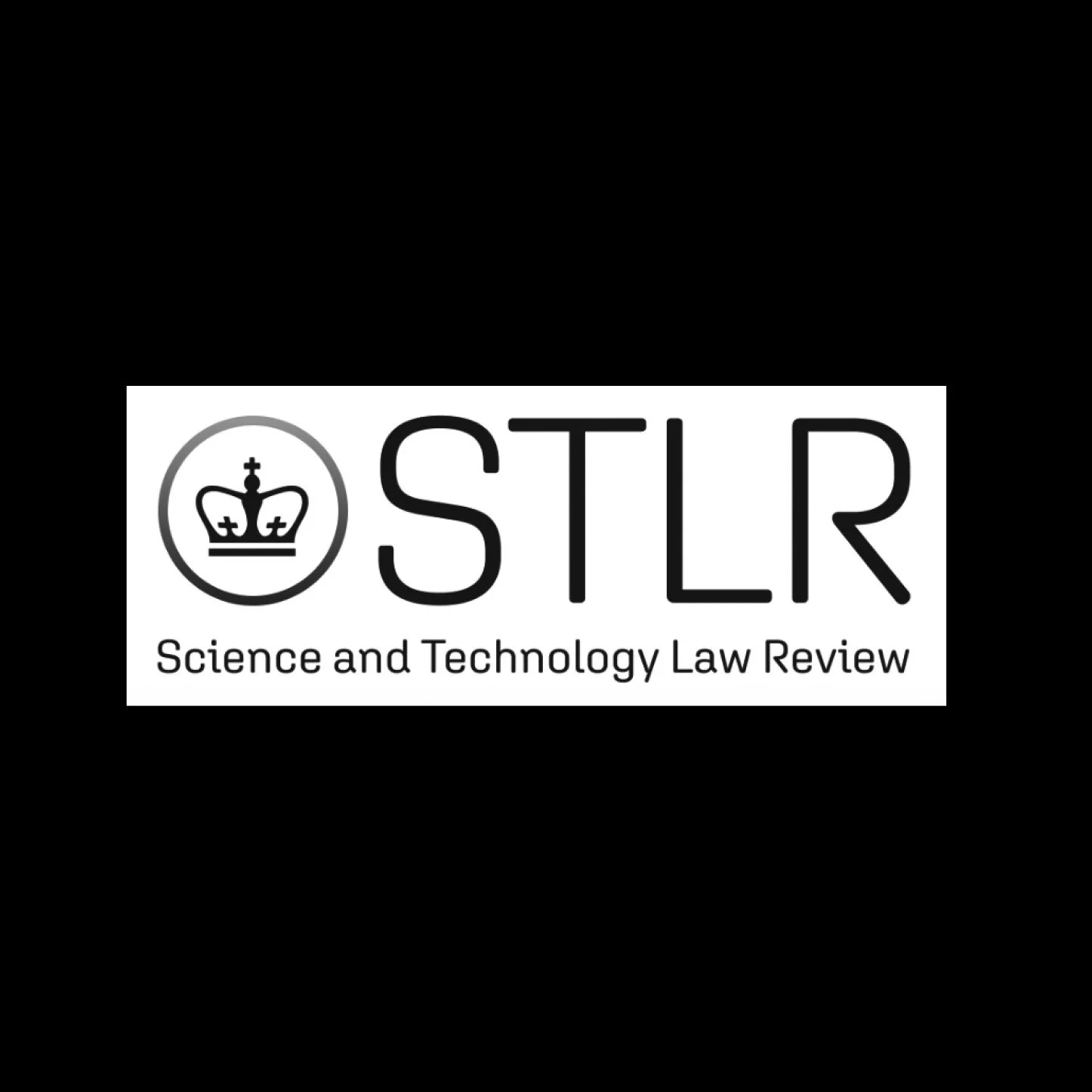2023 Year-In-Review: 7 Ways We’re Building a More Fair & Effective Justice System
By: KELLI L. ROSS
Justice Innovation Lab works across the United States to help jurisdictions build data-informed, human-centered solutions for a more fair and effective justice system in their communities. In 2023, we worked in five jurisdictions, where we helped our partners identify problems and design solutions. Our work helped remove poor-quality cases from the system, prioritize law enforcement resources, reduce case backlogs exacerbated by the pandemic, reduce disparate outcomes in traffic stops, and eliminate hundreds of years of unnecessary incarceration.
Here are SEVEN WAYS, JIL worked to build a more fair and effective criminal legal system in 2023:
Partnership with Shelby County District Attorney General’s Office
100 prosecutors from the Shelby County District Attorney General’s Office were joined by members of the Memphis community for a four-day workshop in November to explore data-informed decision making and human-centered design, and included conversations with system-impacted community members. The training culminated with proposals for new processes and policies to improve outcomes for Shelby County residents.Traffic Stop Policy in Ramsey County, MN Report Released
Ramsey County law enforcement leaders sought to better prioritize the use of law enforcement resources, reduce inequitable outcomes, and engender community trust by reducing the use of minor, non-public safety traffic stops. JIL partnered with the Ramsey County Attorney’s Office to study the impact of this policy change. In June 2023, JIL released the Traffic Stop Policy in Ramsey County, MN report, which showed that the new policy successfully reduced minor, non-safety-related vehicle stops, that this reduction narrowed racial differences in traffic stops and searches, and that the policy did not negatively impact public safety.Randomized Control Trial (RCT) in Charleston, SC
In May, JIL began an first-of-its-kind RCT with the Ninth Circuit Solicitor’s Office in Charleston, SC, to examine whether screening low-level cases can improve efficiency, reduce disparate outcomes, and improve public safety. The RCT is expected to run for 18 months, during which JIL will oversee implementation of the intervention. The RCT is a byproduct of JIL’s design-thinking process, in which a jurisdiction identifies a problem, pilots a solution, and scales successful solutions. JIL plans to assist other jurisdictions design their own screening processes through an interactive training course and statewide convenings.JIL@GW Trains Next Generation of Attorneys
68 law students at The George Washington University Law School now have participated in the JIL@GW course, a one-of-a-kind immersive, experiential course, where students work with practitioners on JIL projects aimed at improving the justice system. JIL is training the next generation of attorneys through this partnership with the Equity Institute at GW, thanks in part to funding by Microsoft. This year, law students contributed ongoing research on the intersection of mental health and the criminal legal system, alternatives to incarceration, improving the legal process in Memphis and Cincinnati, and restorative justice programs for intrafamilial violence.Alternative to Prosecution in Athens-Clarke County, GA
JIL helped the Athens-Clarke County (GA) District Attorney identify hundreds of appropriate cases for alternatives to prosecution. JIL also produced a data entry guide to improve data collection. JIL also formed an ongoing partnership with Justice System Partners, a justice research nonprofit, to leverage the data for further research.Launch of Knowledge Hub Website and Medium Blog
JIL created new resources for practitioners in the criminal legal system who seek data-informed, evidence-based solutions for their communities. JIL launched the Knowledge Hub website and produced a new blog on Medium. The Knowledge Hub is a dedicated, online space to share the data-informed, evidence-based research and analysis from JIL and our partners. The blog focuses on latest developments in criminal justice innovation and discusses other aspects of JIL’s work—such as the tech stack we use, organizational practices we find helpful, and challenges in experimental design.The Jury’s Still Out Event and Release of Fire on the Levee
In 2009, JIL’s founder Jared Fishman, then a federal prosecutor, led the investigation into one of the most egregious cases of police misconduct in recent history: the murder and burning of a man in post-Hurricane Katrina New Orleans. In May, people at the center of the case participated in a panel discussion, “The Jury’s Still Out: What the murder of Henry Glover tells us about police accountability and our justice system today.” This event was held in conjunction with the release of Fire on the Levee: The Murder of Henry Glover and the Search for Justice after Hurricane Katrina, which follows the federal investigation and prosecution of Glover’s death and the subsequent reforms of the New Orleans Police Department. JIL co-hosted the event with the Equity Institute at GW.



